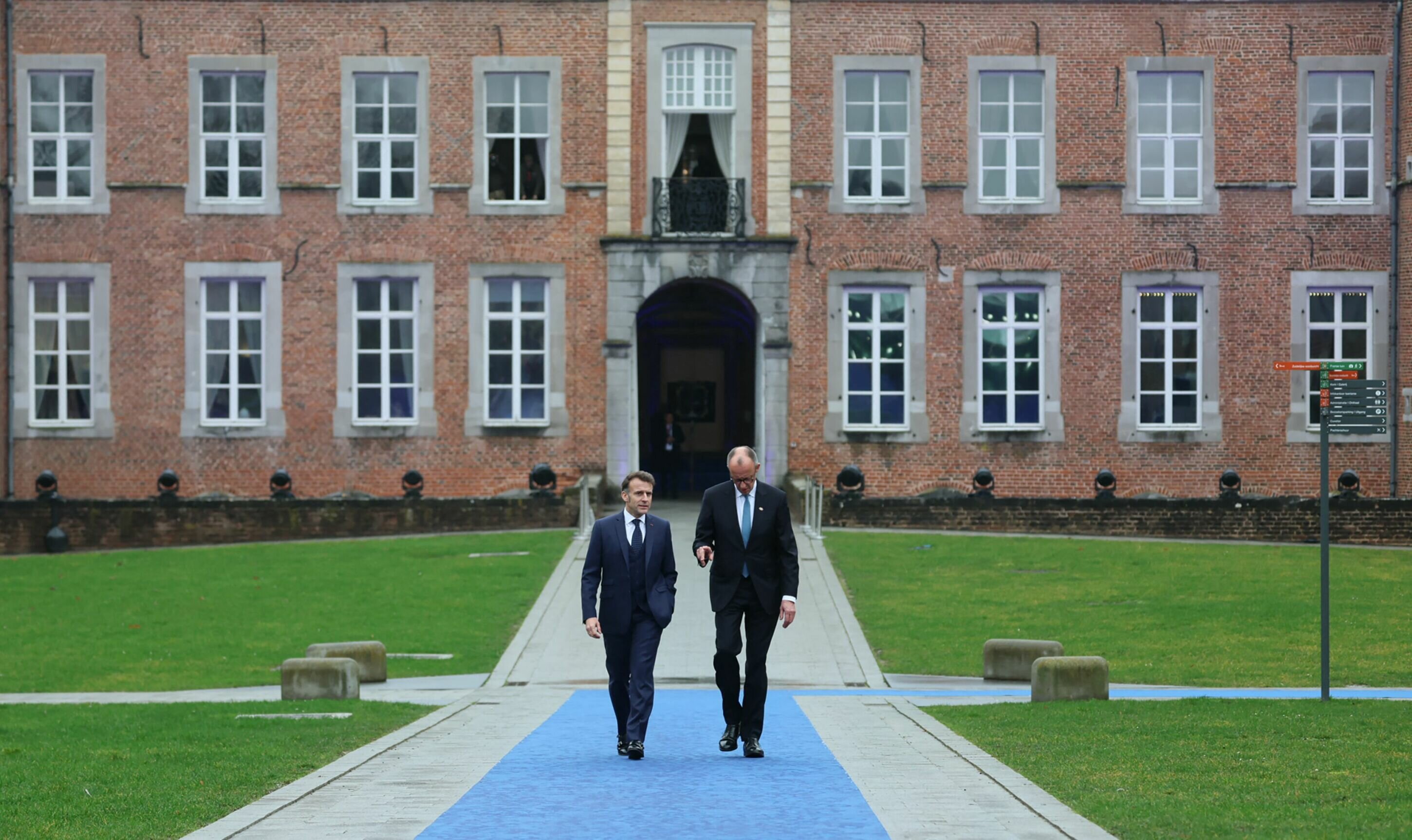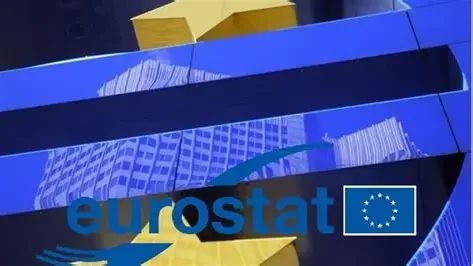L'ultimo incontro della Bce di fine luglio ha mutato sostanzialmente di molto lo scenario preesistente. Oltre ad aumentare i tassi di interesse di 50 punti base, la presidente Lagarde ha anche annunciato i dettagli del suo nuovo Transmission Protection Instrument (TPI). Si tratta di uno strumento che spicca per la sua innovatività tra quelli a disposizione di Francoforte. Con esso la Bce intende contrastare le dinamiche degli spread che mettono in pericolo la trasmissione della politica monetaria nell'eurozona. Nell'ambito del programma TPI gli acquisti avverrebbero se i mercati diventassero disfunzionali e i prezzi si discostassero dai fondamentali economici.
Gli obblighi per i paesi emittenti
Lo strumento sarà disponibile per tutti i Paesi della zona euro. Sarà attivato a piena discrezione del Consiglio direttivo. La sua dimensione sarà illimitata. Le obbligazioni sovrane saranno idonee per gli acquisti di TPI, mentre ci sarebbe anche la possibilità, sebben più remota, di contemplare anche il settore privato. Il TPI sarà attivato sulla base di un'approfondita valutazione degli indicatori di mercato e di trasmissione. Il Paese emittente, con scadenze che variano da uno a dieci anni, è tenuto , nel caso delle obbligazioni sovrane, a perseguire politiche fiscali e macroeconomiche sostenibili, oltre a rispettare il quadro di bilancio dell'UE. Il Paese dovrà inoltre rispettare il Recovery and Resilience Fund (RRF).
L'interruzione degli acquisti avverrebbe sulla base di un duraturo miglioramento nella trasmissione. Si esclude un impatto persistente sul bilancio della Bce della eventuale sterilizzazione dello strumento. Il TPI è un nuovo strumento ma non esclude la disponibilità, a richiesta, dell'Outright Monetary Transactions (OMT).
board @euroeconomie
.png)








